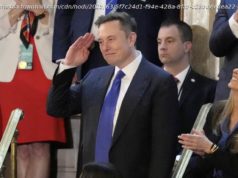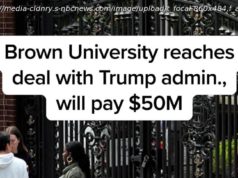Forward-looking highlights from GeoQuant’s high-frequency political risk intelligence platform.
US-China trade dispute set to re-escalate
Despite the positive atmospherics, our data continues to indicate that the bilateral meeting between Presidents Trump and Xi at this past weekend’s G20 summit did not — and more importantly, will not — result in a major breakthrough in the U. S.-China trade dispute.
Per the graph, note that while the G-20 “cease fire” — whereby both sides agreed to a temporary cessation of tariff increases and a 90-day negotiation window, while China agreed (in very general terms) to purchase more U. S. goods– comes near a low in Chinese Investment/ Trade Policy Risk, that risk is still projected to increase significantly in the coming months. This is because the meeting made little headway toward resolving the core long-term issue underlying the trade dispute – notably, U. S. allegations that China continues to illicitly acquire advanced technology from U. S. firms with potential national security implications – suggesting that U. S.-China trade tensions are likely to continue for the foreseeable future.
China: Investment/Trade Policy Risk GeoQuant 2018
Moreover, the G20 communiqué – which highlights the need to reform the World Trade Organization (WTO) to better manage the multilateral trading system – is similarly unlikely to further a quick resolution of the U. S.-China trade dispute and, despite being highlighted by many observers as a summit success, is more likely to prolong it.
See more on the app .
Macron and the ‚Yellow Vests‘
The recent spate of social unrest in France has driven Social Risk to its highest point since the controversial demolition of the Calais „Jungle“ migrant camp in October 2016.






